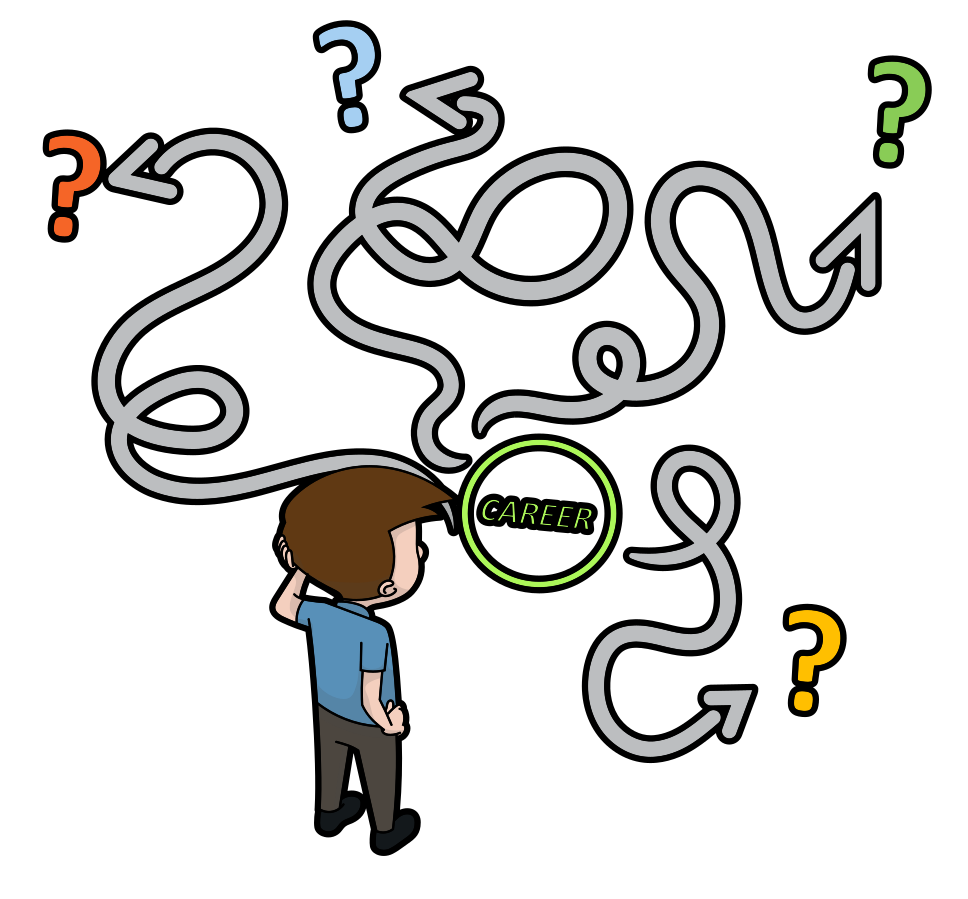 With many workers currently making the decision to shift careers in response to the pandemic, the job market is undergoing a substantial transitional phase. Many industries are actively seeking new workers, hiring at a fast pace and taking on employees who stem from a variety of career backgrounds. However, in order to successfully make these types of career shifts happen, one must first update their resume and align their skills with target jobs.
With many workers currently making the decision to shift careers in response to the pandemic, the job market is undergoing a substantial transitional phase. Many industries are actively seeking new workers, hiring at a fast pace and taking on employees who stem from a variety of career backgrounds. However, in order to successfully make these types of career shifts happen, one must first update their resume and align their skills with target jobs.
When making a career change, resume updates often leave job seekers stumped. How is it possible to transition into a new industry in which you have no tangible experience? These transitions can be difficult to accomplish, but when equipped with the most effective resume tools they will begin to feel more within your reach.
This guide will outline some tips, strategies and essentials for your career change resume. Let’s get started.
Focus On Transferable Skills
By highlighting your transferable skills – or skills you’ve developed which could apply to almost any career field – you can emphasize your existing experience in a way that seems highly relevant to the new position. Through a strategic approach, you can bring your transferable skills to the forefront and effectively sell your qualifications, skills and successes to the prospective employer.
It’s often helpful to reflect on the reasons you’re shifting careers in the first place. Why do you desire this new job, and how do you envision yourself fitting into the new environment? What are some skills you’ve acquired through your existing experience which could heighten your success in a new industry? If you are capable of presenting an honest, professional and determined career profile portraying a candidate who can adapt, learn and flourish in a new environment, your chances of being hired in a different industry from your current one will be much higher. 
To set an example, imagine you are a retail professional who is looking to transition into the real estate industry. Undeniably, most jobs within these two industries possess many overlapping characteristics. What are some of the transferable skills acquired through retail which would most greatly benefit your real estate resume? With these two industries, the most important transferable skills would be related to sales strategies, customer interaction, marketing, needs assessment, client acquisition and many more. With many career changes such as this, there are numerous transferable skills to choose from. Ultimately, it’s up to the job candidate to decide which skills are most relevant to their own experience and to their desired jobs.
When you have decided upon a handful of skills to focus on (ideally between 12 and 18), make sure to include them in bullet points in a “Skills” section in your resume. Not only will this allow hiring managers and recruiters to swiftly scan through a brief synopsis of your skills, but the keywords will boost your ATS software-generated applicant ranking when you apply to jobs online.
Make A Few Revisions To Your Professional Experience
When making these revisions, job applicants often fall victim to removing all sorts of information from their resume which they deem inapplicable to their desired roles. However, it’s usually in your best interest to leave this information as is. You may feel free to truncate some of the more lengthy industry-specific descriptions or any content you deem redundant, but you should not remove any of your fundamental skills, qualifications or achievements from your resume. Even if these resume elements are not considered relevant to your desired job, they still retain value on your document as testaments to your positive operational contributions and overall success. You can always subtly de-emphasize their significance towards the target job by adjusting the formatting or relocating the information to another area of the page. 
Instead of removing content, try to center your experience descriptions around the transferable skills you have identified. You’ll want to implement each one of these skills into a bullet point to fully illustrate how you applied them; demonstrate how these skills enabled you to overcome challenges, facilitate beneficial outcomes and improve operational efficiency. Your goal is to utilize each skill to create a captivating portrait of yourself, allowing any hiring manager to clearly visualize what type of worker you are, understand the contributions you could potentially offer and sense the needs and benefits of having you join their team.
To once again refer to the retail-to-real estate transition example, it would be a good idea in this case to describe your presentation skills; doing so would convey your capabilities for managing property showings, interacting with prospective clients and maintaining the condition of your facilities. Retail environments are often highly dependent on staff’s ability to engage with customers, provide tours of the store and its merchandise, provide solutions to client needs and ensure presentable work premises. Each of these aspects of the retail industry are highly similar to the inner workings of real estate.
Add Important Certifications, Training, Projects or Additional Education Information
Although many career changes can be executed without any contingency of obtaining specific credentials, many new careers require some type of formal training or certification to be considered for hire. If your specific career change is dependent upon a certification, special training course or educational program, make sure you bring this information to the forefront of your resume. 
In some cases, it may also be beneficial to elaborate further upon your existing educational background. If you graduated from college less than 5 years ago, then were there any specific courses you completed which heavily apply to your target job? If so, then feel free to include each course in a bullet point and highlight the key skills you developed through each one.
Lastly, if you have undertaken any side projects or independent ventures which speak to your qualifications for your new career, make sure you create a section to list these along with specific details about each. These aspects of your profile will help demonstrate your level of interest in the new job role, and will help reinforce your preparedness for the career shift.
Although career changes can often be tricky, applying each of these strategies towards your resume will allow hiring managers to take note of your abilities and become convinced of your value towards their organization. We hope that this guide has offered some useful information and helped rejuvenate your enthusiasm towards shaping a new resume for the career change you’ve been dreaming about.
Having trouble updating your resume for a career change? Talk to a professional! Click here to schedule your free consultation.






